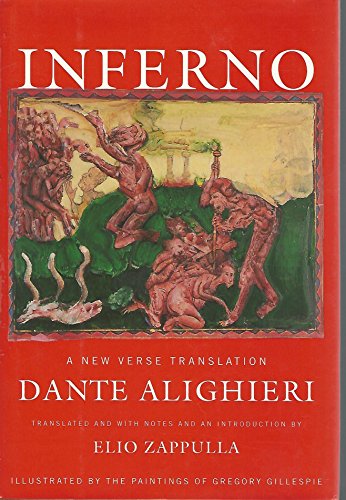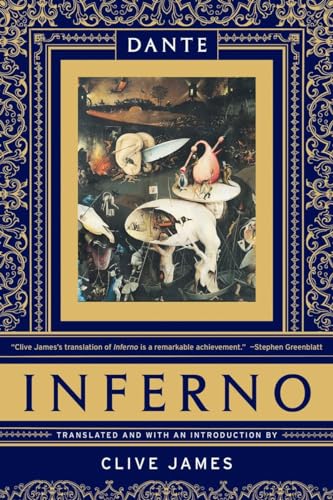

He never used his official name Durante, however.

( This Renaissance 'superdome' in Florence took more than 100 years to build.)ĭurante Alighieri was born in Florence in May 1265, under the astrological sign of Gemini, a detail he mentions in the Paradiso. Peopled with figures from mythology, the Bible, and Dante’s own time, hell's descending circles (each one reserved for different sins) constitute some of the most vivid and emotionally charged scenes in world literature. Of the three sections, however, it is the lot of the souls in the Inferno that has had, by far, the greatest resonance with readers and artists. Although it recounts an actual physical journey, The Divine Comedy is also an allegory of the soul’s progress through sin (hell), penitence (purgatory), and redemption (paradise), the last being the joyful ending promised in the title. In naming his lifework Comedy, Dante employs an understanding of the word that means a narrative with a happy ending, unrelated to humor. Later, he is reunited with his beloved, Beatrice, who guides him up to purgatory, and then to Paradise, where, in a moment of ecstasy, Dante glimpses God. The Divine Comedy is a long poem recounting the author’s journey among the damned in hell, guided by the Roman poet Virgil. Completed just before Dante died in 1321, it consists of three parts- Inferno, Purgatorio, and Paradiso.


 0 kommentar(er)
0 kommentar(er)
